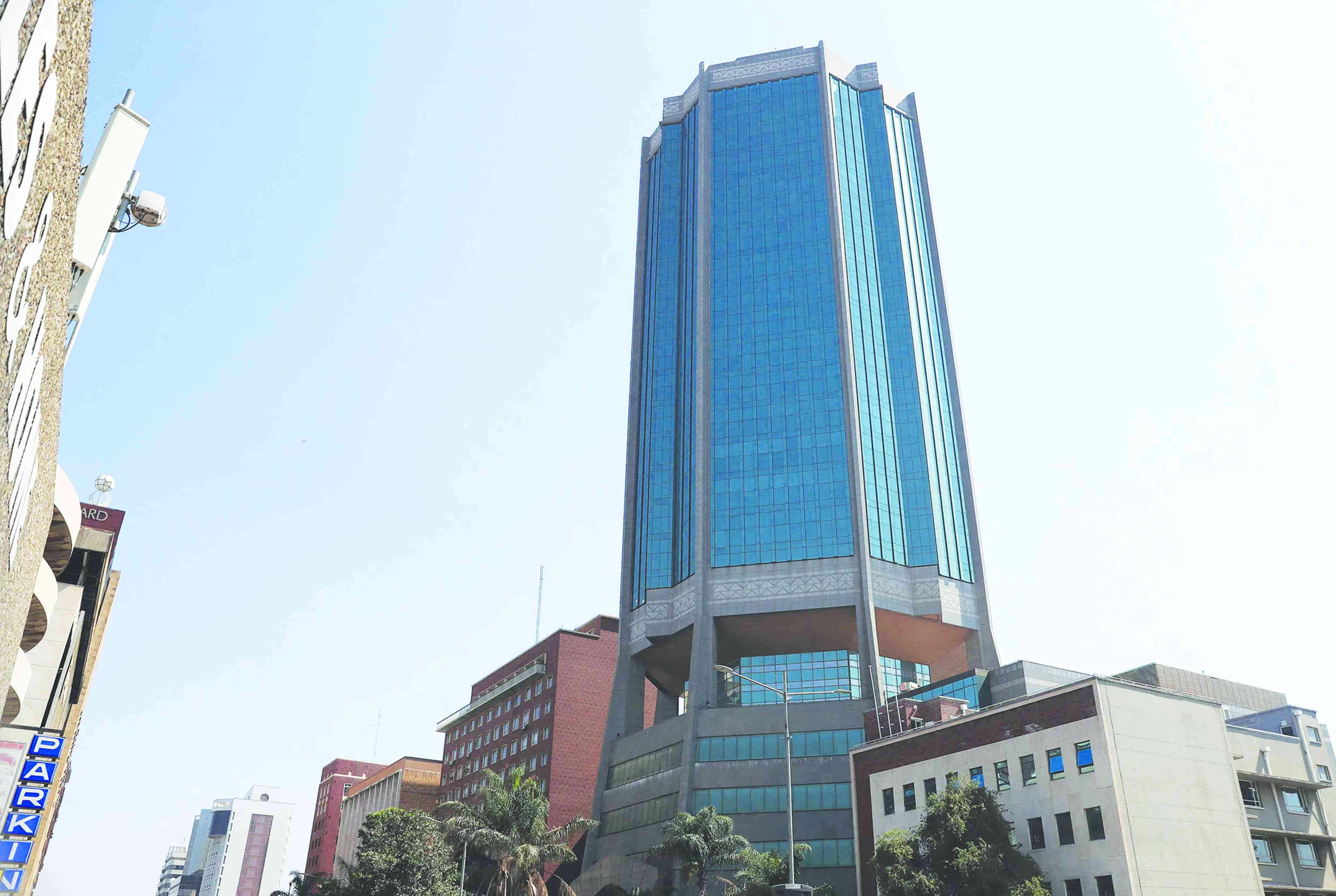
WHAT we learnt from the outspoken war veteran Blessed Geza-organised protests this week is that social media platforms have become potent tools in safeguarding freedom of assembly and expression.
This enduring lesson, demonstrated globally where citizens clamour for change, also resonates with Zimbabwe’s body politic, where democratic space is shrinking.
As in other pariah states where dissent and civil disobedience are criminalised, Zimbabwe has a battery of laws making it difficult for citizens to protest freely in a bid to hold the government to account.
Ensuring accountability for public office bearers is almost non-existent in Zimbabwe, where the opposition has been weakened. Journalists and human rights defenders face imprisonment.
While the March 31 protest saw a conspicuous absence of people in city centres, social media platforms were abuzz. Citizens exchanged frustrations over shocking corruption levels, the rising cost of living, and widespread unemployment.
Though authorities have previously tried to disrupt the internet during protests, citizens continue to use social media as a convenient outlet to air grievances.
Geza himself — now on the police wanted list for alleged treasonous activities and in hiding — remains in constant contact with Zimbabweans through his X (formerly Twitter) handle and YouTube. His messages have also spread across other social networks and traditional media.
It is clear that while the state deploys its heavy-handed security apparatus to keep protesters off the streets, policing social media remains a challenge.
- Mavhunga puts DeMbare into Chibuku quarterfinals
- Bulls to charge into Zimbabwe gold stocks
- Ndiraya concerned as goals dry up
- Letters: How solar power is transforming African farms
Keep Reading
Another emerging trend is the active participation of disenfranchised diasporans in Zimbabwe’s democratic discourse.
Even within Zanu PF, dissent against plans by President Emmerson Mnangagwa’s backers to extend his term to 2030 has found voice on social media — a rare occurrence in a party where succession debate is taboo.
Unfortunately, several members have faced the politburo’s disciplinary committee, charged with undermining the president’s authority through social media posts.
Regardless, their voices were heard.
Zimbabweans are now more aware of the deepening leadership rift in Zanu PF, pitting Mnangagwa against his deputy Constantino Chiwenga, largely through social media.
A 2023 article by Friedrich Ebert Stiftung highlights social media’s power in deepening democracy: “The digital era has expanded the boundaries and definitions of fundamental human rights, such as the right to information, freedom of expression, and privacy.”
In Zimbabwe, too, democracy now bellows from the crevices of social media.











